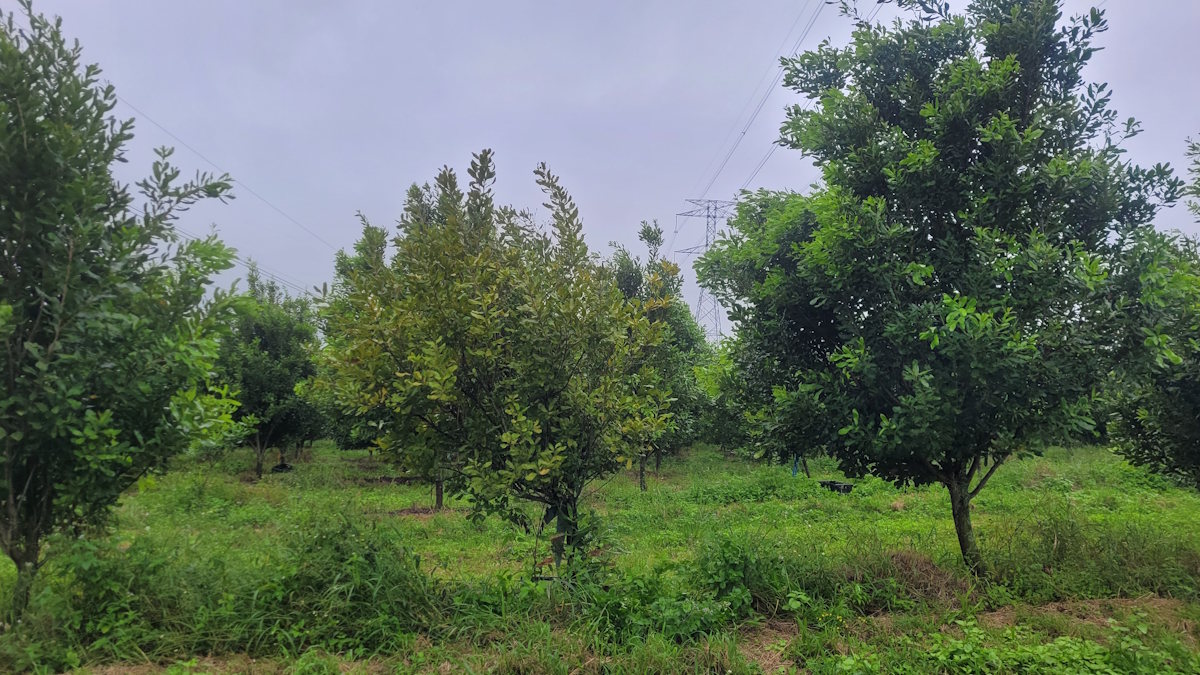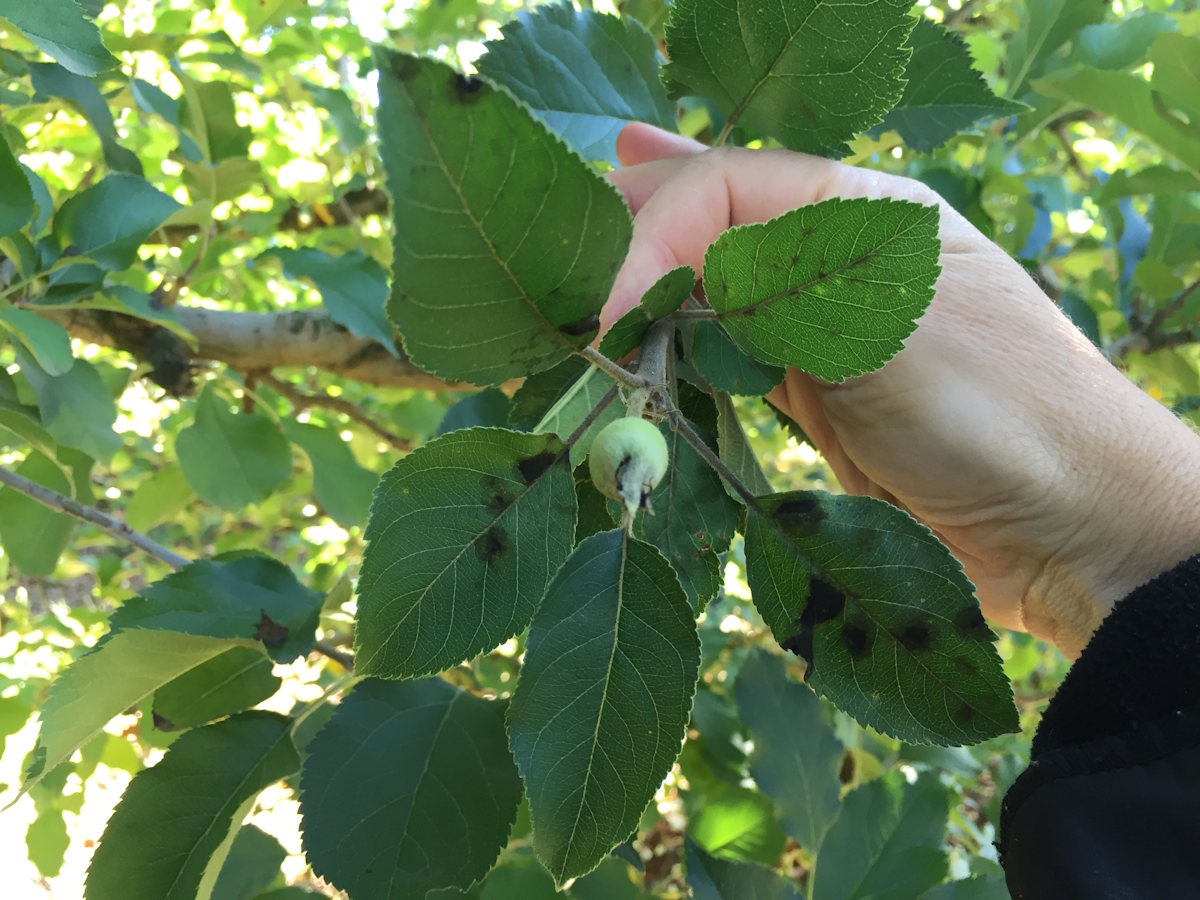 The research program focuses on soilborne pathogens that limit the productivity and economic viability of apple, avocado, and macadamia crops. Our ultimate goal is to develop sustainable, integrated disease management strategies.
The research program focuses on soilborne pathogens that limit the productivity and economic viability of apple, avocado, and macadamia crops. Our ultimate goal is to develop sustainable, integrated disease management strategies.
Apple Replant Disease (ARD) refers to the stunting of newly planted apple trees when re-established on old orchard soils. In South Africa, ARD is caused by a complex of organisms—including oomycetes (Pythium, Globisporangium, Phytopythium, Phytophthora spp.), fungi (Cylindrocarpon-like), and nematodes (Pratylenchus spp.)—with species composition varying between orchards. At present, broad-spectrum soil fumigation is the only effective management strategy. The research program aims to (i) improve the understanding and characterization of ARD pathogens, including the use of molecular detection methods; (ii) investigate inoculum sources; and (iii) explore alternative management strategies, such as the use of organic amendments (compost and mulch), semi-selective chemicals, and anaerobic soil disinfestation.
Phytophthora cinnamomi is a destructive pathogen of avocado and macadamia, causing root rot in both crops and stem cankers in macadamia. Phosphonates are currently central to its management. Our research investigates its mode of action and translocation within trees. As resistance to fungicides threatens control efficacy, we are developing cost-effective fungicide sensitivity screening methods for currently registered fungicides (mefenoxam/metalaxyl) and those under consideration (fluopicolide, oxathiapiprolin, propamocarb hydrochloride, fluoxapiprolin). Similar protocols are being developed for the Phytopythiumvexansspecies complex, which also causes root rot and stem cankers in macadamia. The fungicide research aims to establish baseline EC₅₀ values for fungicides pending registration and to determine whether resistance to mefenoxam has developed.
Using disease-free nursery material is critical to managing oomycete pathogens. The avocado, citrus, and macadamia industries have nursery certification schemes requiring regular testing for Phytophthora spp. Laboratories typically use conventional baiting and hyphal morphology for identification, which is not effective for detecting Pp. vexans. Our research focuses on developing molecular detection methods for both Pp. vexans and P. cinnamomi in nursery stock.
Despite integrated management in certified nurseries, Phytophthora spp. are still occasionally detected in nursery trees. Biological control agents, primarily Bacillus and Trichoderma spp., are used as part of an integrated management strategy, although many are not yet registered for Phytophthora management in South Africa. We are evaluating the efficacy of these commercially available agents in macadamia nurseries.



